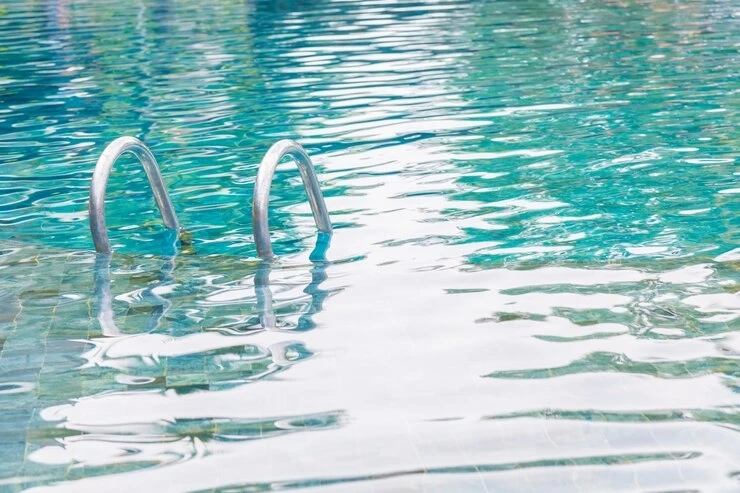A sparkling, inviting swimming pool is an oasis for relaxation and recreation, but maintaining that pristine condition requires more than occasional skimming and vacuuming. The pool service El Dorado Hills used chlorine for pool maintenance, a powerful chemical agent that plays a vital role in keeping pools clean and safe for swimmers. Let\'s explore the importance of chlorine in pool maintenance and how it works to ensure crystal-clear water.
Understanding Chlorine\'s Role
Chlorine is the primary disinfectant in pool water, effectively killing bacteria, viruses, and algae that can thrive in warm, stagnant environments. Without proper sanitation, pools can become breeding grounds for harmful microorganisms, posing health risks to swimmers and diminishing water quality.
The Science Behind Chlorine
Chlorine disrupts the structure of microorganisms\' cell membranes, making them unable to function and reproduce. When added to pool water, chlorine forms hypochlorous acid (HOCl), a potent sanitizing agent that targets and destroys bacteria and other contaminants.
Maintaining Proper Chlorine Levels
To ensure adequate sanitation, it\'s crucial to maintain proper chlorine levels in the pool. As health and safety standards recommend, the ideal chlorine concentration typically falls within 1.0 to 3.0 parts per million (ppm). Regular testing with a pool water testing kit allows pool owners to monitor chlorine levels and adjust accordingly.
Factors Affecting Chlorine Demand
Several factors can influence the chlorine consumption rate in pool water. These include:
• Bather Load:
The number of swimmers using the pool can impact chlorine demand, as bathers introduce organic matter such as sweat, oils, and skin cells into the water.
• Temperature:
Warmer temperatures accelerate the growth of microorganisms, increasing the demand for chlorine to maintain adequate sanitation.
• Sunlight Exposure:
Ultraviolet (UV) radiation from sunlight can degrade chlorine molecules, reducing their effectiveness and necessitating more frequent chlorine additions.
Types of Chlorine Products
Pool owners have several options for chlorinating their pool water, including:
• Chlorine Tablets:
Slow-dissolving tablets or sticks placed in a pool\'s skimmer or feeder to provide a steady release of chlorine over time.
• Liquid Chlorine:
A sodium hypochlorite solution that can be poured directly into the pool to raise chlorine levels quickly.
• Granular Chlorine:
Fast-dissolving chlorine powder that can be broadcast across the pool surface for rapid sanitation.
Best Practices for Chlorine Maintenance:
To maintain optimal water quality and ensure swimmer safety, it\'s essential to follow these best practices for chlorine maintenance and green pool clean up services:
• Regularly test chlorine levels and adjust as needed to maintain the recommended range.
• Monitor pH levels, as chlorine effectiveness is influenced by pH balance.
• Shock the pool periodically to oxidize organic contaminants and restore chlorine effectiveness.
• Maintain proper circulation and filtration to ensure uniform distribution of chlorine throughout the pool.
In conclusion, chlorine reigns supreme in pool maintenance as the guardian of clean, safe swimming environments. By understanding the role of chlorine and implementing proper maintenance practices, pool owners can enjoy sparkling, inviting pools that provide endless hours of enjoyment for family and friends. Remember, keeping it clean with chlorine is vital for pool hygiene.


